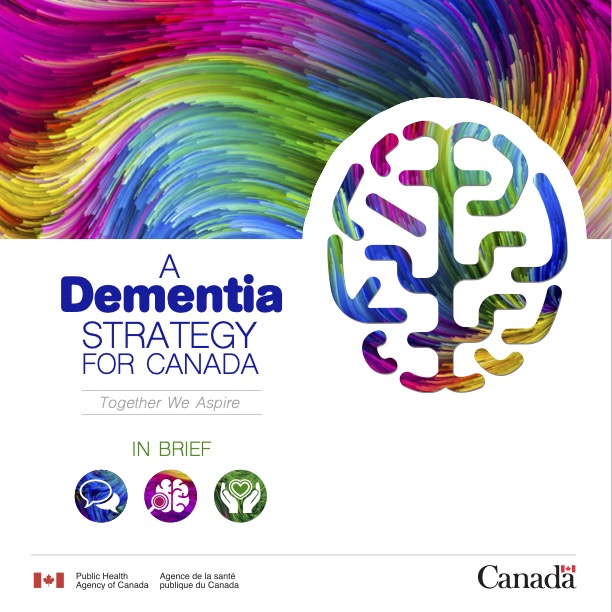What Do I Need to Know about Dementia in Canada?
Almost 40% of people over the age of 65 experience some form of memory loss. When there is no underlying medical condition causing this memory loss, it is known as age-associated memory impairment.
Age-associated memory impairment is part of the natural process of aging. For most people, memory generally remains strong as they get older, and doesn’t decline rapidly or substantively.
Dementia is an umbrella term used to describe a set of symptoms affecting brain function that are caused by neurodegenerative and vascular diseases or injuries. It is characterized by a decline in cognitive abilities. These abilities include: memory; awareness of person, place, and time; language, basic math skills; judgement; and planning. Dementia can also affect mood and behaviour.
As a chronic and progressive condition, dementia can significantly interfere with the ability to maintain activities of daily living, such as eating, bathing, toileting and dressing.
You can find information, support and resources related to dementia on the Alzheimer Society of Canada Website.
- Over 500,000 Canadians are living with dementia today.1
- 76,000 Canadians are diagnosed with dementia every year.2
- An estimated 912,000 Canadians will be living with dementia in 2030.1
- 65% of those diagnosed with dementia over the age of 65 are women.3
- 1 in 5 Canadians have experience caring for someone living with dementia.4
How is CARP Advocating?
How we look after our most vulnerable says much about our health care system.
A health care environment that provides real support to those with dementia is indicative of a system that is sensitive to the diverse needs of older Canadians, including caregivers, those they care for, and in some cases, the most vulnerable who cannot self-advocate.
The Alzheimer’s Society identifies a number of key issues impacting those with Alzheimer’s and carers. CARP’s advocacy work aligns in terms of values and aims.
| Alzheimer’s Society Issue | CARP’s advocacy that aligns |
|
Stigmatizing attitudes against dementia that misrepresent the realities of the disease and diminish the experiences of people living with dementia, families and caregivers;
|
Freedom from Ageism |
| A crisis in Canada’s healthcare system, where many long-term care homes and hospitals are not equipped to meet the needs of Canadians living with dementia and there is no education for health care professionals with respect to how to uniformly diagnose dementia or assist individuals in navigating diagnosis; |
Home Care Long-term Institutional Care Caregivers Information
|
|
Many systemic policies that directly affect people living with dementia are created and followed without their unique input and insight.
|
“Nothing about us without us.” CARP works to shine a light on the voice and choice of older Canadians, and ensure this voice is part of decision-making.
Emotion-based care model Calls for seniors advocates across the country |
How Can I Get Involved?
There are many ways to get involved. Find out more.




